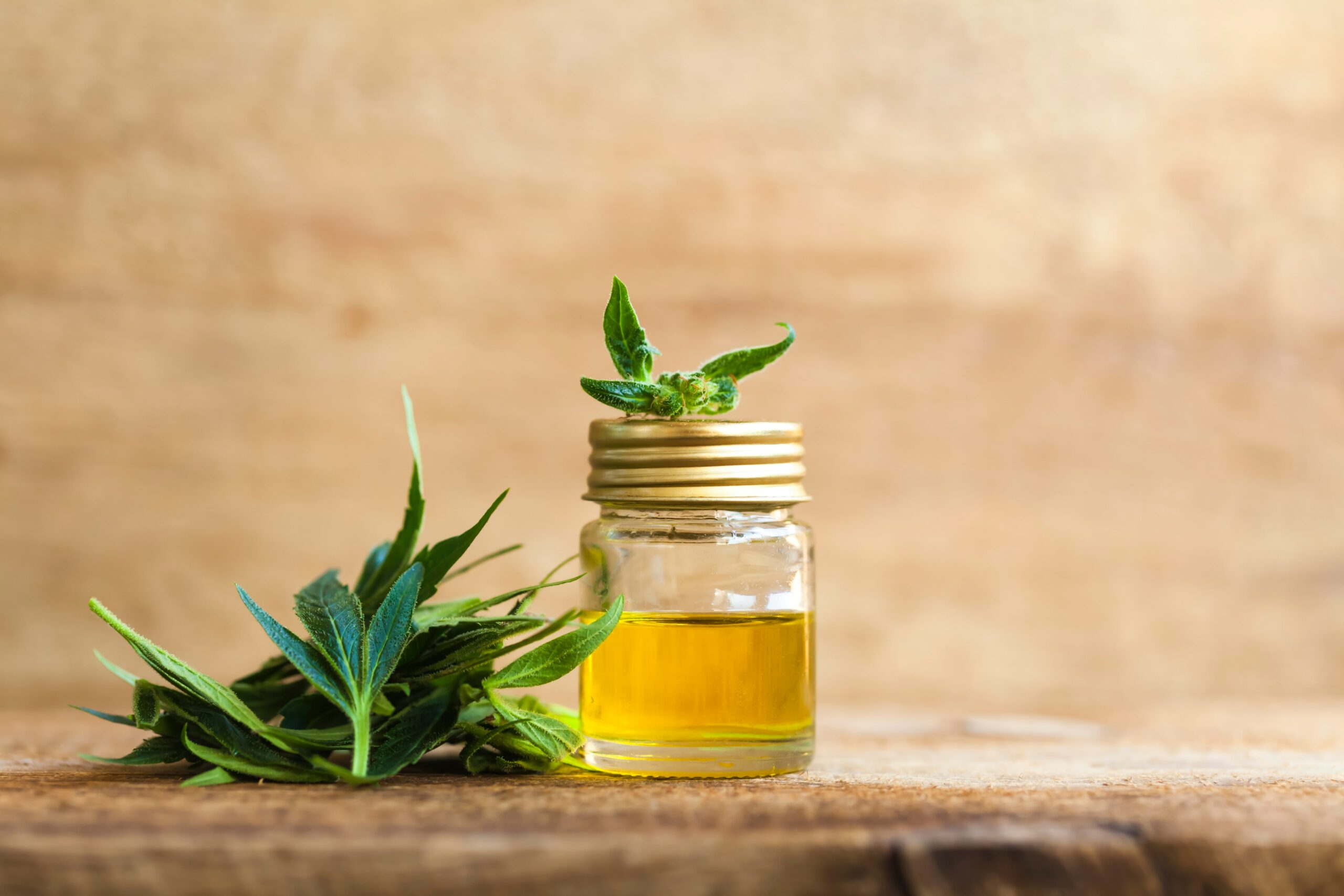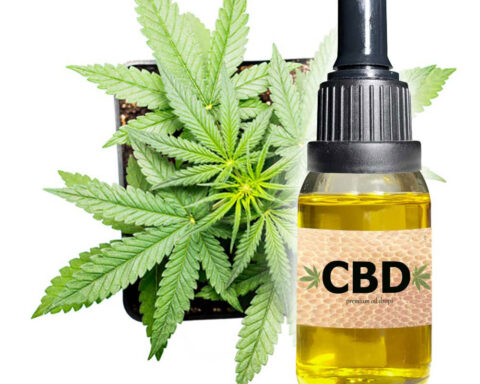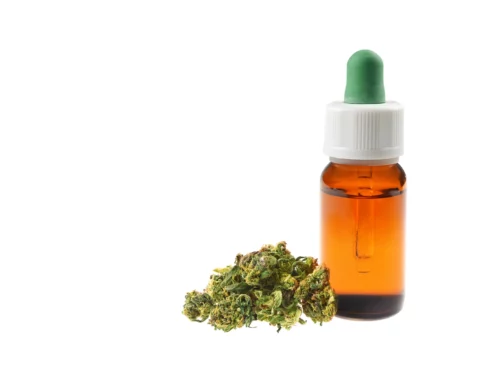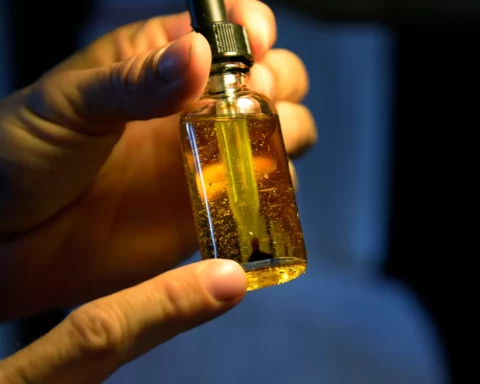CBD oil is available in different forms. You can use it in food, apply it topically, smoke it, and even take it orally. However, some questions can arise, such as whether one can use a CBD product in another way than its intended use.
Can an oral CBD oil be used topically? This article will provide crucial answers. CBD is one of the major chemicals in the cannabis plant. The cannabis plant has over eighty compounds. However, CBD is the only active compound that is non-intoxicating since it does not contain psychoactive effects, which may lead to a high effect. Studies are still underway on the benefits that CBD provides our bodies. Its benefits include treating skin-related conditions such as acne, relieving pain, and alleviating anxiety and depression.
The Difference between CBD Oils and CBD Topicals
CBD oil is extracted from the hemp plant through carbon dioxide and butane processes. Mostly CBD oil is ingested orally. This is done by placing some drops of CBD oil underneath the tongue. Let the oil sit there before swallowing it. Since it is ingested sublingually, it goes directly to the bloodstream. CBD oils can also be added to favorite drinks and foods.
CBD topicals range from various products. They include creams, lotions, and even gels. These are products that have been infused with CBD. These products are applied to the skin. When applied topically, CBD oil can help ease applied topically and discomfort in the affected area. Unlike the other pain-relieving topicals, which will ease your pain for a short time, CBD topicals help ease the pain for a long time since it interacts with the ECS of the body.
Can You Use CBD Oil Topically?
CBD oil is mostly administered through the mouth in forms such as gummies and even capsules. Some people can add CBD oil to lotions for quick relief.
Tabassum & Hamdani (2014) proved that CBD oil could help treat some skin conditions such as dry skin, wrinkles, and acne. CBD oil can also be used topically. However, its absorption will be poor, leading to low effectiveness. Most CBD oil brands prefer infusing the oil into topical products.
Uses of CBD Topicals
Hydrating the Skin
Most skin conditions are caused by dry skin. Since CBD oil contains hydrating properties, Pavlou et al. (2021) stated that it provides the skin with moisture, preventing conditions such as dry skin. CBD oil also locks in our skin’s moisture; hence, there is no reason to keep applying it regularly.
Treating Acne
One of the most common benefits of CBD oil is treating acne. Most people experience acne in their life for several reasons like climate changes, hormonal imbalance, or even stress. CBD contains anti-inflammatory properties, which can help treat acne since it is an inflammatory condition. Another reason acne may develop if sebum oil in sebaceous glands is overproduced. Though sebum oil is important for the skin, it can lead to acne when produced in high amounts. However, CBD helps regulate the production of sebum oil, preventing acne.
Lessens Signs of Aging
Due to the anti-oxidant properties of CBD oil, it may help in reducing aging signs such as fine lines and wrinkles.
Relieving Pain
CBD oil is an anti-inflammatory agent. This means that it can help reduce the pain and inflammation levels that one may be experiencing in joints and muscles. People who have chronic pain may benefit from using CBD oils too.
Types of CBD Oil
CBD oil exists in the following types:
CBD Isolate
CBD isolate only has CBD compound and not any other cannabinoid. It is also referred to as a pure CBD oil. This oil does not contain any intoxicating components or flavors. In most cases, it is odorless too. However, it does not have the entourage effect, meaning it is less effective than the other types.
Full-Spectrum CBD Oil
Marinotti et al. (2020) noted that this oil has all the compounds of the cannabis plant. It has the THC compound. However, the THC levels are less than 0.3 percent, meaning that the oil is safe and non-intoxicating. This type of CBD oil is used by people who want to experience the entourage effect. This effect is possible since CBD combines with other cannabinoids such as terpenes to provide maximum benefits. This makes this full spectrum CBD oil the most effective.
Broad-spectrum
This oil has all the other compounds of CBD oil except THC.
Forms of CBD
Edibles
Edibles feature gummies and capsules too. CBD edibles have a fixed amount of CBD. This makes it easier for them to be ingested compared to CBD oil. Their effects take time to kick in since the liver breaks them.
Capsules
Just like edibles, Millar et al. (2020) commented that CBD capsules are administered orally. It is a preferred form for people who love to take their CBD doses. Just like gummies, their effects take some time to be felt by users. However, once they kick in, they last longer.
Vape
Choi et al. (2021) argued that CBD is consumed through smoking. One needs a vape pen to do so. Vaping CBD is the fastest way of consumption and is also effective.
Conclusion
Many people are attracted to CBD because of its potential health benefits. CBD topicals and also CBD oils are the most popular forms of CBD. They are mostly available in stores and pharmacies. They have proven to ease pain, alleviate anxiety, and treat acne problems. Even though you can use CBD oil topically, it is better to use a CBD topical on the skin. This is because they contain CBD and other fat bases, increasing the topical availability. CBD products are widely available nowadays; hence some people may question the quality of some products offered by some brands. To avoid low-quality products, purchase your CBD products from trusted brands with proof of third-party test laboratory results. It is also recommended to consult with your pharmacist first before you consume any CBD products.
References
Choi, H., Lin, Y., Race, E., & Macmurdo, M. G. (2021). Electronic Cigarettes And Alternative Methods Of Vaping. Annals Of The American Thoracic Society, 18(2), 191-199.
Marinotti, O., & Sarill, M. (2020). Differentiating Full-Spectrum Hemp Extracts From CBD Isolates: Implications For Policy, Safety And Science. Journal Of Dietary Supplements, 17(5), 517-526.
Millar, S. A., Maguire, R. F., Yates, A. S., & O’Sullivan, S. E. (2020). Towards Better Delivery Of Cannabidiol (CBD). Pharmaceuticals, 13(9), 219.
Pavlou, P., Siamidi, A., Varvaresou, A., & Vlachou, M. (2021). Skin Care Formulations And Lipid Carriers As Skin Moisturizing Agents. Cosmetics, 8(3), 89.
Tabassum, N., & Hamdani, M. (2014). Plants Used To Treat Skin Diseases. Pharmacognosy Reviews, 8(15), 52.
- Bell Peppers 101: Nutrition Facts and Health Benefits - April 19, 2024
- Products That Assist with Stress Relief - September 21, 2023
- TRÈFLE – THE ROAD TO THE 15TH - July 29, 2023









